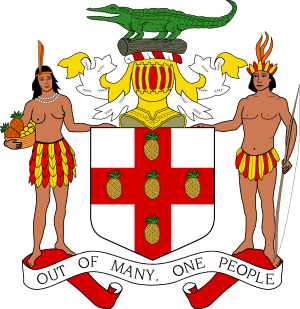 I will keep this short; in order not to rant too much. The sole purpose of this post is express my disappointment in things Jamaican. Politicians who do what they decide they want to do - irrespective of the will of the people, irrespective of the damage and chaos that their actions will cause; irrespective of the generational hurdles that they are putting up for the nation's children (their kids are insulated) - is not what we are sold as people who elect "representatives" to advocate for our collective best interest. There is no transparency in this Constitutional Monarchy that Jamaica resides in. Are Jamaicans fully aware of the holdings, affiliations and (business) interests of their elected politicians? Are Jamaicans fully confident that their leaders are doing what is right for them and not what is right for their own concerns? Where is the accountability necessary to ensure that "elected service" is exactly that? Service to the people. Has it all been tainted? The Root Of It All - Corruption I know you have heard this sankey before - over and over again - beaten to death - to the point where it does not phase you, it does not register, and everyone assumes that it is a part of life. It is should never be a "natural" part of anything. It is a bastardization of the system that the Jamaican public is sold as democratic. Corruption is formally defined as "the use of public office for private gain". I am not just talking about your grand-daddy's corruption here. A bribe here or there to clear a barrel from the wharf. A likkle pocket money to make some government process go faster or smoother. All of these are well-understood and rightly identified as corrupt activities. I am talking about more damaging and long-lasting acts. Things like creating financial avenues that "seemingly" addressing public problems, while profiting from it in the back-end. Things like manipulating financial markets, misinforming the Jamaican people and ensuring that your actions lead to profits for you and yours. I am talking about systemic games that hurt millions of people for very long periods of time, but that are not illuminated and visible to the public (till the worse happens). Can anyone in public office in Jamaica honestly and publicly say that you are not corrupt (by the generally accepted definition above)? Everyone is at fault. The Jamaican Media The media is supposed to be one of the first countermeasures in our system - holding public officials, who have been entrusted with the keys to the country, accountable. Where is the media on matters that are important to the present and future? Where is the Jamaican media when it comes to investigative journalism? Where is the media when it comes to being the objective arbiters of truth and what is good and right for Jamaicans? Where is the media when it comes to representing the common youth and ensuring that their future will be better? Crickets everywhere. Unless you like sensational, surface-level discussions about the inconsequential. Where is the media when it comes to shining a light on corruption and ensuring that Jamaica lives up to its promise? When did journalism die in Jamaica? When did the media give over its power to the elites and become their lapdogs? When did this critical check-and-balance in the Jamaica governance process become ineffective? Irregardless of the answers, it is time for a resurgence. Time for the media to start fulfilling their extremely important mission. However, there are a lot of parties involved; not just the media. The Jamaican People Light bills are now taxed. The Road Traffic Act is in full effect. National Housing Trust !!!!!! The Cybercrime Act of 2015 seeks to make all Jamaicans potential criminals for just interacting and expressing themselves online. The wholesale privatization of public Jamaica assets continues full steam ahead. The Jamaican government still prioritizes international loan debt servicing over the needs and growth of its people and the local economy. And what has been the reaction of the public? A few rumblings here today. A few rumblings there tomorrow. Nothing after a week. Back to normal and their voice counts for nothing. A horrible example of representational politics if I ever saw one. The "Noise. Noise. Block Road" strategy has been "best in breed" practice in Jamaica since time immemorial. It has also been wholly useless and ineffective for just as long. How about the people trying different techniques to hold government and media accountable? What about hitting them where it hurts? What about investigating the behind-the-scenes deals that are really driving these initiatives? What about naming and shaming the people involved? What about finding the by-laws and statutes that can empower you to call people (representatives or other) on their bullshit? What about real "grassroot organization" to educate, uplift and empower voters to be accountability barometers for the people they elect? What about trying something different, something new, something unexpected, that the people who have the public trust would never expect? Honestly, I don't know what will work, but I know a few million of us can come together and try a whole heap a ting. The Jamaican Intelligentsia At this point, I know I have lost a lot of you and that is fine. I know I promised to be short and I think I am failing miserably at that too. Okay. However, two more things before I sign off. The most egregious of all the phenomena in the Jamaican ecosystem to me is the people that know better, but are just complacent and resigned to the status quo. To whom much is given, much is expected. It is through the shared sacrifice and labor of every single Jamaican that the Intelligentsia was and is able to get to where they are, whether they are still in Jamaica or in the diaspora. Sure, you worked hard individually. Sure, you had the love and support of your family. However, if you did not have the infrastructure, name-recognition and prestige that comes from all of us, even the ones you won't publicly embrace and or acknowledge, working together and making Jamaica the international power house that it is, then you would not be where you are today. Let that sink in. Now, think about how your complacency is helping make this ship sink faster. Then think on how you can help fix the problem and do something. The Effects of Unaccountability: Apathy and Powerlessness I have the luxury of being an observer and an insider at the same time. I am a Jamaican, who like many others, capitalized on education to increase the number of opportunities available. I am forever grateful of my heritage and know that it is my responsibility to give back in whatever means I can (whenever I can) This is why when it comes to matters related to Information Technology and Jamaica, I provide help (if asked for or not). A few days ago, I provided my thoughts on the disastrous impact of the Jamaican Cybercrime Act of 2015 (click here for that post). This advice was unsolicited. I am anti-politics and pro-people. The reaction that I received from the blog post indicated that there is apathy and powerlessness in all segments of Jamaica when it comes to public policy. "This does not apply to me" "There is nothing I can do about it" "The politicians will do whatever they want, no matter what I say" These were sample responses. It broke my heart. If you cannot affect your future, then who can? "If it's to be, It's up to me" - Source Unknown
5 Comments
Sweet Baby Jesus!!!!! I spent the last few hours reading the 2015 Jamaican Cybercrime Act. Though it is a relatively easy (36-page) read, let me spare you the trouble of wading through the legalese and mis-spellings. The Cybercrime Act of 2015 seeks to address:
Additionally, the Act specifies legislation related to protected computers (Section 11), rules on inciting cybercrime (Section 12), and guidance on hindering or prejudicing cybercrime investigations (Section 13). In an effort to include everyone in the fun, Section 14 addresses offences by corporate bodies. Further, the Act outlines actions that someone that is harmed by cybercrime (corporate body or individual) can take to get compensation from their "victimizer" or "offender" (Section 15). At this point, you are saying to yourself "Sounds good to me. What is your problem, Ty?" As usual, the devil is in the details. I won't spend this post providing a sentence-by-sentence review of the Act (like I did two years ago when the Cybercrime Act of 2010 was under review. Those details are here). For that detailed review, I am available for consulting via my security firm. In this blog, I will only highlight the most glaring and mind-boggling concerns. Lack of Awareness of the IT Security Profession and Education Let me start off with the basics. Sections 5 and 6 demonstrate a marked lack of understanding of the field of computer security and the fundamentals of training computer security professionals. System administrators who install patches for zero-day exploits are normally warned that the patches may have unforeseen and untested impact on the rest of their ecosystem, which is typical of the field. Under these sections of the Jamaican Cybercrime Act of 2015, any system administrator who performs a security update is potentially in breach of the Act. Another example is that of a system administrator, security professional or academic who needs to listen to and gather network traffic to detect security attacks; in order to spot and respond to these attacks and secure their systems. Under the current legislation, they could face prosecution. Not to mention the fact that teaching the next generation of security experts becomes untenable in Jamaica under this Act; for fear of prosecution. All in all, a bone-headed move if one wants to foster secure and private systems in Jamaica. Or maybe I got this all wrong and these exceptions will be covered under an amendment of the Interception of Communications Act? Nuh Run Nuh More Joke Roun Ya The next point is so frustrating that I have to quote directly from the Act. A person commits an offence if that person - (a) uses a computer to send to another person any data (whether in the form of a message or otherwise) that is obscene, constitutes a threat, or is menacing in nature; and (b) intends to cause, or is reckless as to whether the sending of the data causes, annoyance, inconvenience, distress, or anxiety, to that person or any other person. An offence is committed under subsection ( 1) regardless of whether the actual recipient of the data is or is not the person to whom the offender intended the data to be sent. So, you are telling me that any politician or (rich) Jamaican who receives a text, email or other commnicae that they can interpret as threatening, obscene or menacing, may sue under this new Act (whether the message was intended for them or not). Goodbye freedom of expression. Goodbye, joking around (or ramping) with a friend in what may be subjectively interpreted as negative. Wow!!!!!!!! I am hoping that the intent of the Law, possibly cyberbullying or spam of online porn, etc, is different from the letter of the Law. Right now, a lot of people are going to be in trouble. This could also be a very effective way of shutting down a rival, whether political, business-related or other. Everyone Knows What a Protected Computer Is Section 11 mentions a "protected computer" and assumes that a reasonable person should know what a protected computer is. Unfortunately, this is a highly subjective call that requires a judge to know the thoughts and mindset of an alleged offender. Without having computers clearly defined and labelled as protected computers, this section is open to manipulation from the owners of computer systems that may argue (and defend) the "protected computer" status of their systems. Overall, a horrible way to craft Law. Where are the 'agreed upon" standards? What is universally understood? Is there a definition of "Protected" that is clear to everyone? Is there a "Data Protection Act"? Hmmmmm.... Plain Stupidity From section 10 onwards, it gets progressively worse, because the rules build upon the previous sections, which we have already gone through and declared as bone-headed. Section 12 states that if you and your friend are running a joke on another friend and it mistakenly gets to the wrong person, then that person can charge both of you under this Act. We all know what happens when you build a house on sand. *Shaking my head* Protect The Lawyers Section 13 is the only section where there is an explicit call-out for what it means to "not commit an offence". Of course, it stipulates the cases where lawyers are not liable or covered under this Act. Interesting!!!!!! Why wasn't there a call-out for IT security professionals and academics in previous sections? All a Unnu is Fi Wi This final point is what infuriates me most. From the Act: 22.-( 1) This Act applies in respect of conduct occurring (a) wholly or partly in Jamaica; (b) wholly or partly on board a Jamaican ship or Jamaican aircraft; (c) wholly outside of Jamaica and attributable to a Jamaican national; or (d) wholly outside of Jamaica, if the conduct affects a computer or data- (i) wholly or partly in Jamaica; or (ii) wholly or partly on board a Jamaican ship or Jamaican aircraft. Translation: If you are Jamaican or if you are accessing "stuff" in Jamaica, it does not matter where in the world you are, you are governed by this Cybercrime Act. I leave you to think through the impact of this. Spoiler Alert: All Jamaicans wherever you are, you are screwed. Conclusion I am extremely disappointed in Minister Paulwell and his team.
You can do better. The Jamaican people deserve better. All you have to do is to include a Computer Science professional in the drafting of Acts like these to advice you on the feasibility of these rules. Or maybe you want this Act exactly as it is. Readers, what are your thoughts? The National Day of Civic Hacking (NDCH) started in 2013. Its mission is to engage the community in solving civic issues. The event brings together urbanists, civic hackers, government staff, developers, designers, community organizers and anyone with the passion to make their city better. They will collaboratively build new solutions using publicly-released data, technology, and design processes to improve our communities and the governments that serve them. Anyone can participate; you don’t have to be an expert in technology, you just have to care about your neighborhood and community. On June 6, 2015, thousands of people from across the United States will come together for National Day of Civic Hacking. The U.S. Census Bureau, U.S. Small Business Administration, BusinessUSA and the U.S. Department of Labor have joined forces to host an event in support of the National Day of Civic Hacking in Washington DC.
The goal is to make open data more useful to small business leaders in your local community. This Saturday, stop by and help support the backbone to the American economy. More details here. |
Dr Tyrone Grandison
Executive. Technologist. Change Agent. Computer Scientist. Data Nerd. Privacy and Security Geek. Archives
May 2018
Categories |
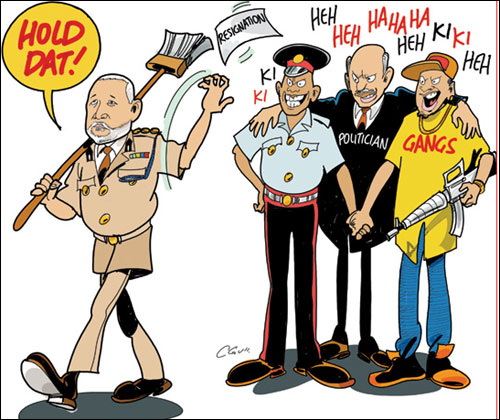

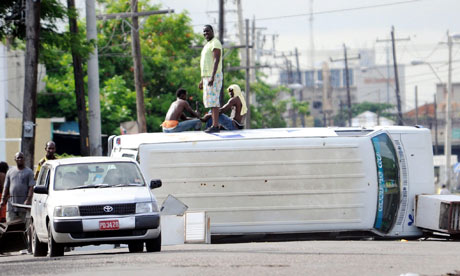

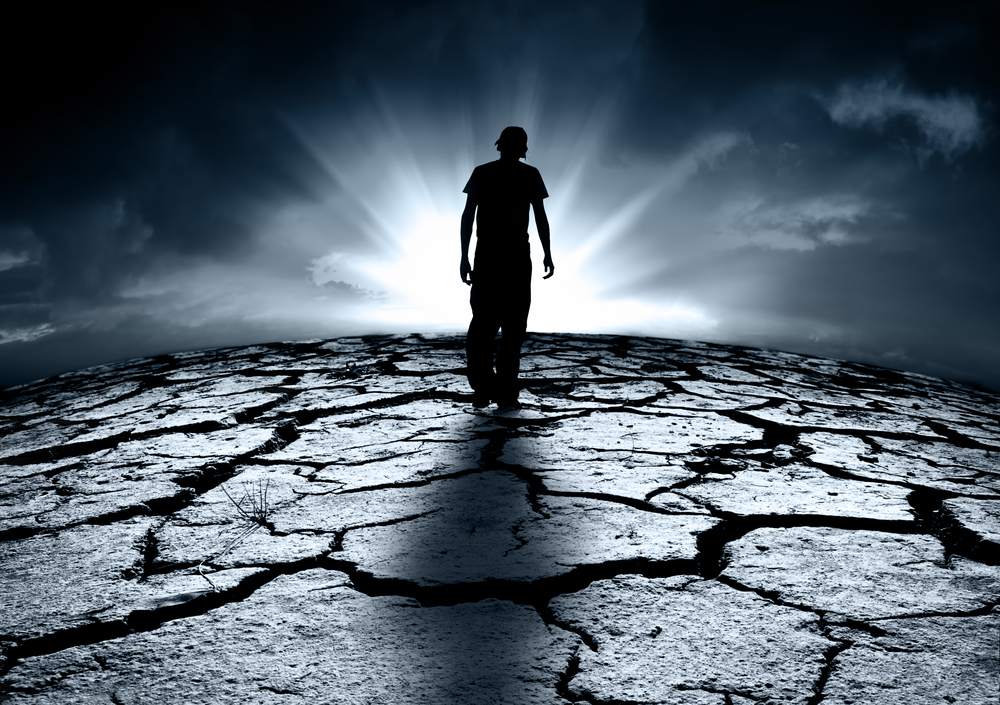
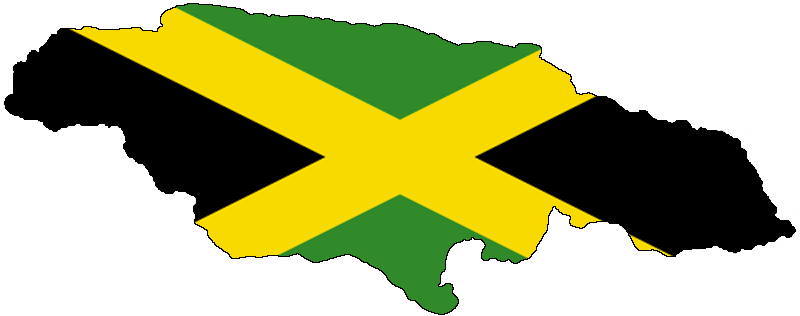
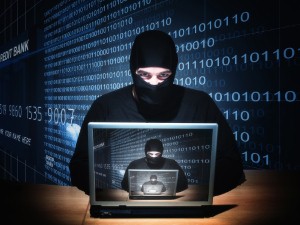

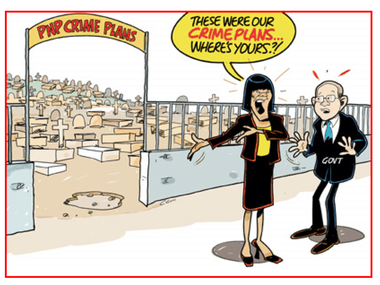
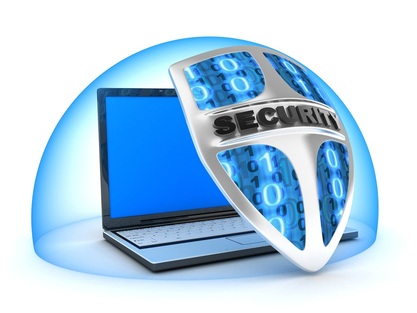
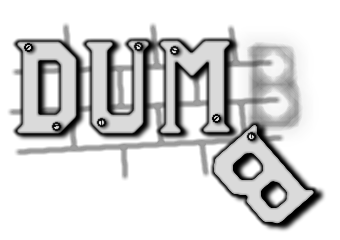
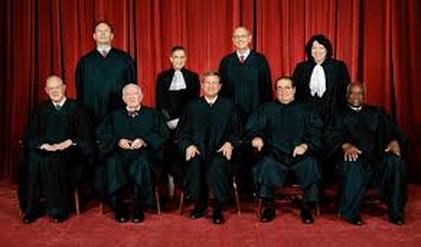





 RSS Feed
RSS Feed
